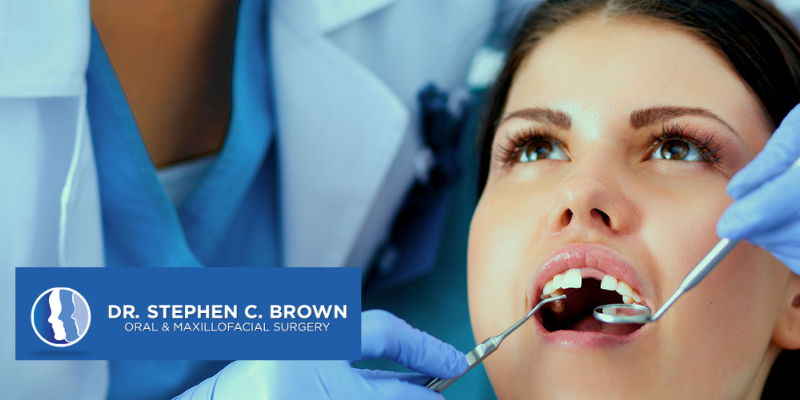Dental Implant Surgery for Missing Teeth

In modern-day dentistry, dental implant surgery using artificial body parts is considered the standard of care in the replacement of missing teeth. The cause of missing teeth could be tooth decay, gum disease, or injury. Nevertheless, dental implant surgery for your missing teeth is a long-term solution because the implants are fixed in your jawbone. It is just like your natural teeth and can last a lifetime if properly cared for. A dental implant is a titanium screw that is fixed into the upper or lower jawbone through a surgery. Due to titanium's biocompatibility properties, the fixture fuses strongly with the bone for some weeks or months. This process of bonding between the dental implant and jawbone is known as osseointegration. Osseointegration is simply why implants never move out of position. It is also the reason why bone loss is not usually a problem. Once the implants are healed completely, a dental crown is placed over them. Dental implants are a very reliable type o...
